Quiz Sciences
Last Updated:
IMPROVE YOUR KNOWLEDGE WITH OUR SCIENCE QUIZ
Are you passionate about science? We offer you a collection of science quizzes to test your knowledge on different subjects, such as physics, biology, chemistry, astronomy, geology, etc.
Our science quizzes are a fun and educational way to discover the world of science. With our selection of questions on different topics, you can test your knowledge about science and technology. Do you know the most important laws of physics? Can you name the different parts of the human body? Can you identify the different chemical elements? Our science quizzes are here to help you answer these questions and expand your scientific knowledge.
Our science quizzes will help you discover new topics and theories, as well as learn about the great scientists in history. Science quizzes are a fun way to reinforce your knowledge and discover the beauty and complexity of the universe. So if you are a science enthusiast or just curious, come test your knowledge with our science quizzes.
sciences
/ 10
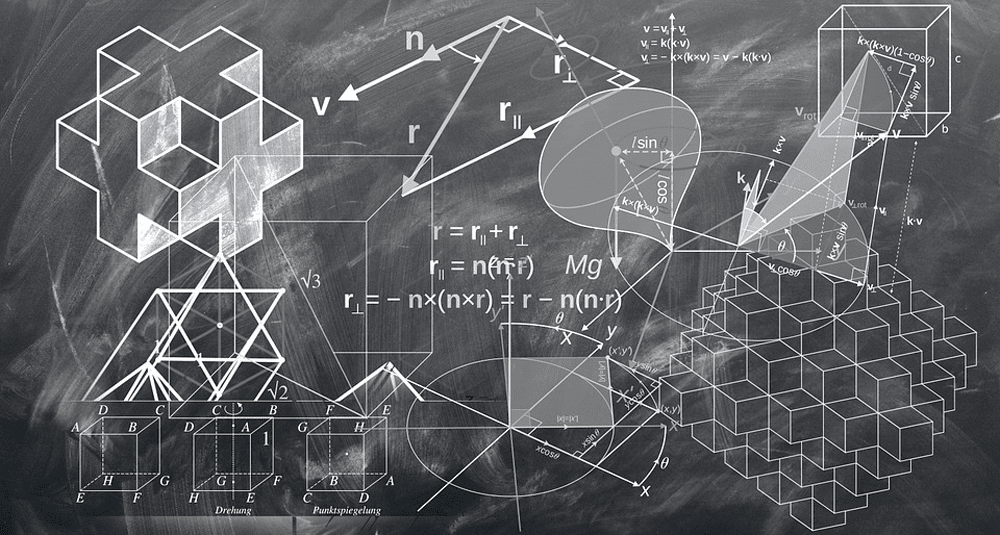
In geometry, how many points delimit a line segment?
12
24

🙌 Good answer
In geometry, a line segment (often abbreviated to "segment") is a portion of a line bounded by two points, called the segment ends.
Next question

😞 Wrong answer
In geometry, a line segment (often abbreviated to "segment") is a portion of a line bounded by two points, called the segment ends.
Next question
sciences
/ 10

What is the name of the high-speed train system in operation in Japan?
2Shinkansen
1SCMaglev

🙌 Good answer
Shinkansen is the high-speed train system in operation in Japan. The name refers to both the trains and the infrastructure. The use of a set of dedicated lines and the techniques employed made Shinkansen a forerunner and Japan the pioneer of high-speed rail travel when it came into service in 1964.
Next question

😞 Wrong answer
Shinkansen is the high-speed train system in operation in Japan. The name refers to both the trains and the infrastructure. The use of a set of dedicated lines and the techniques employed made Shinkansen a forerunner and Japan the pioneer of high-speed rail travel when it came into service in 1964.
Next question
sciences
/ 10
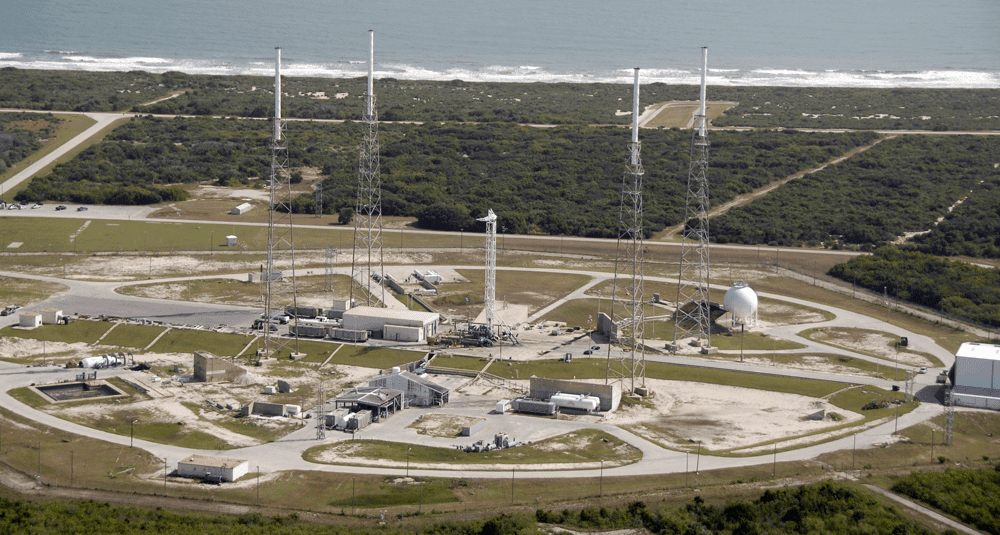
Which entrepreneur and business leader founded SpaceX on May 6, 2002?
1Elon Musk
2Jeff Bezos

🙌 Good answer
Elon Musk founded SpaceX on May 6, 2002. This visionary entrepreneur is also known for his roles at Tesla, SolarCity and other innovative companies.
Next question

😞 Wrong answer
Elon Musk founded SpaceX on May 6, 2002. This visionary entrepreneur is also known for his roles at Tesla, SolarCity and other innovative companies.
Next question
sciences
/ 10

What was the name of the first cloned sheep?
2Dolly
1Belinda

🙌 Good answer
Dolly, born on 5 July 1996 in Edinburgh and died on 14 February 2003, is a ewe famous for being the first mammal cloned in history from an adult somatic cell nucleus.
Next question

😞 Wrong answer
Dolly, born on 5 July 1996 in Edinburgh and died on 14 February 2003, is a ewe famous for being the first mammal cloned in history from an adult somatic cell nucleus.
Next question
sciences
/ 10
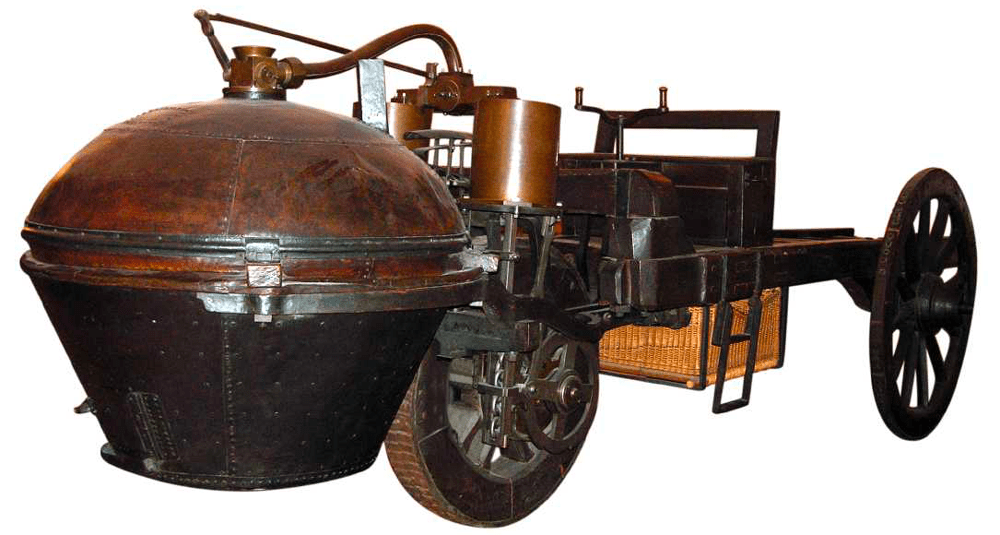
Which French military engineer built the first motor vehicle ?
2Nicolas Joseph Cugnot
1Charles Jeantaud

🙌 Good answer
Nicolas Joseph Cugnot is a French military engineer, known to have designed and built, between 1769 and 1771, the first motor vehicle ever built. It is an artillery gun carriage, powered by a two-cylinder steam engine, preserved in perfect condition in the Musée des Arts et Métiers in Paris.
Next question

😞 Wrong answer
Nicolas Joseph Cugnot is a French military engineer, known to have designed and built, between 1769 and 1771, the first motor vehicle ever built. It is an artillery gun carriage, powered by a two-cylinder steam engine, preserved in perfect condition in the Musée des Arts et Métiers in Paris.
Next question
sciences
/ 10
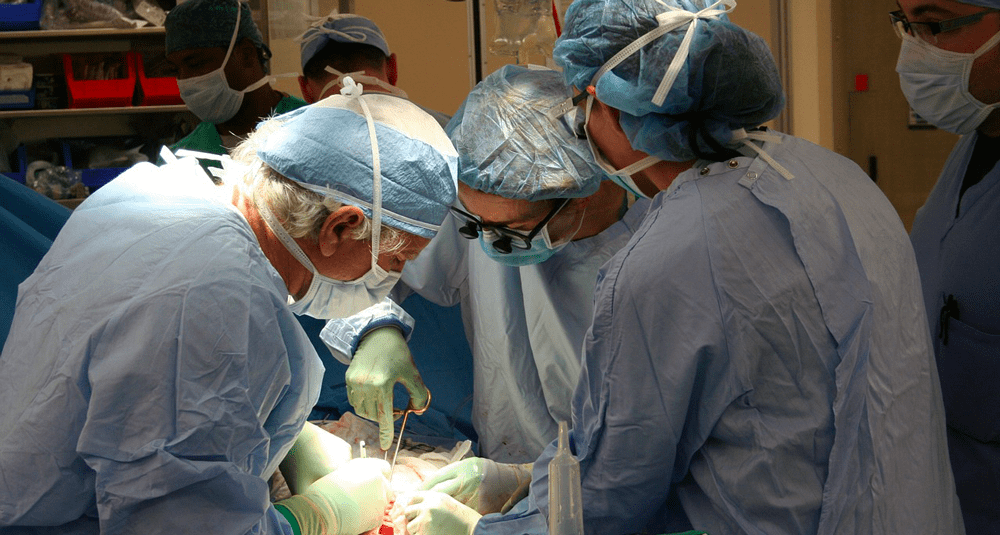
When did Joseph Murray perform the world's first successful kidney transplant?
11954
21974

🙌 Good answer
In December 1954, Joseph Murray performed the world's first successful kidney transplant on monozygotic twins, the Herrick twins at Peter Bent Brigham Hospital.
Next question

😞 Wrong answer
In December 1954, Joseph Murray performed the world's first successful kidney transplant on monozygotic twins, the Herrick twins at Peter Bent Brigham Hospital.
Next question
sciences
/ 10

Which mathematician and astronomer improved the mechanism of the pendulum clock in 1656?
2Christian Huygens
1Galilée

🙌 Good answer
Christian Huygens is a Dutch mathematician, astronomer and physicist. He built the first pendulum clock, which improved the accuracy of existing clocks from 15 minutes to 15 seconds per day (1656). Huygens is generally credited for his fundamental role in the development of modern computing.
Next question

😞 Wrong answer
Christian Huygens is a Dutch mathematician, astronomer and physicist. He built the first pendulum clock, which improved the accuracy of existing clocks from 15 minutes to 15 seconds per day (1656). Huygens is generally credited for his fundamental role in the development of modern computing.
Next question
sciences
/ 10
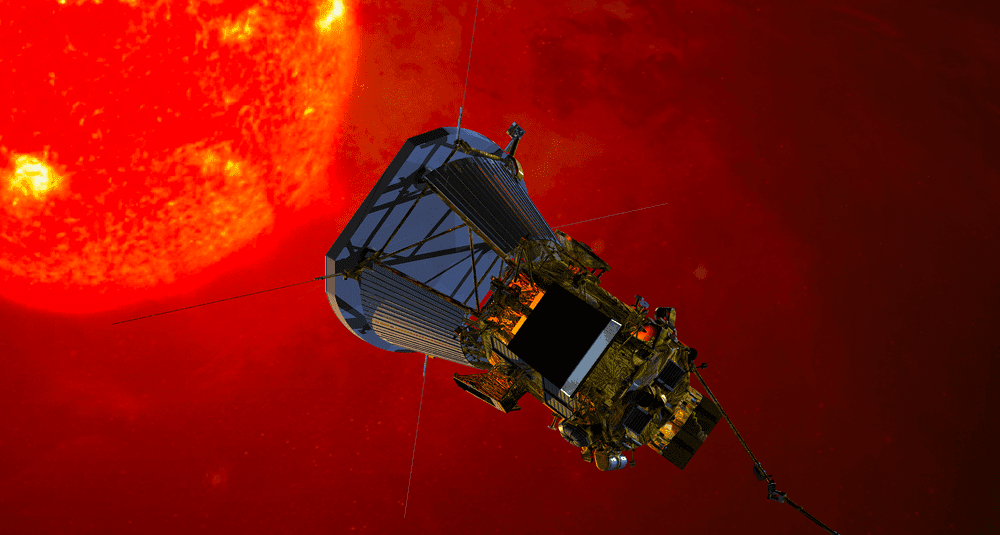
Which space probe was launched in 2018 to study the solar corona?
1Parker
2Phoenix

🙌 Good answer
The Parker solar probe is a space-based solar observatory developed by the U.S. space agency, NASA, which was launched on August 12, 2018. Its objective is to study the solar corona, the outer part of the sun's atmosphere that extends several million kilometers from the sun.
Next question

😞 Wrong answer
The Parker solar probe is a space-based solar observatory developed by the U.S. space agency, NASA, which was launched on August 12, 2018. Its objective is to study the solar corona, the outer part of the sun's atmosphere that extends several million kilometers from the sun.
Next question
sciences
/ 10

What is the average diameter of the moon?
23 474 km
12 474 km

🙌 Good answer
It is the fifth largest satellite in the Solar System, with an average diameter of 3,474 km.
Next question

😞 Wrong answer
It is the fifth largest satellite in the Solar System, with an average diameter of 3,474 km.
Next question
sciences
/ 10

When did the Soviet probe Luna 2 reach the Moon?
11959
21968

🙌 Good answer
The first man-made object to reach the Moon was the Soviet Luna 2 probe, which crashed on September 14, 1959.
Next question

😞 Wrong answer
The first man-made object to reach the Moon was the Soviet Luna 2 probe, which crashed on September 14, 1959.
Next question



